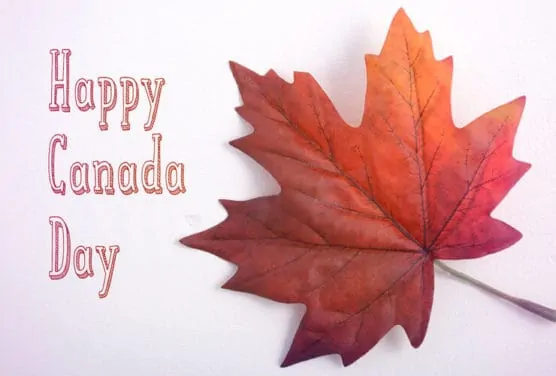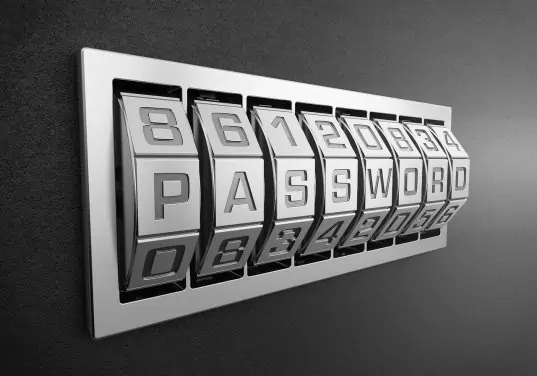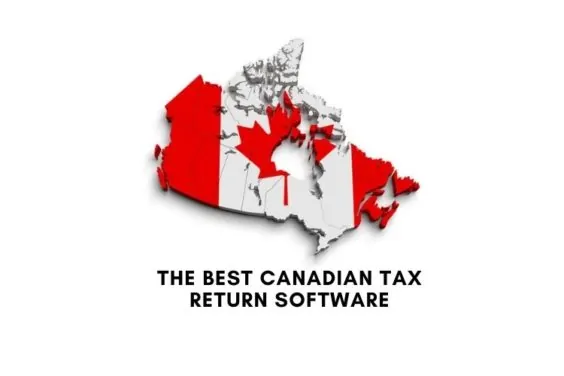If you ever buy a product in a Canadian store and then return it for some reason, you may receive a credit memo.
Credit memos are very common in Canada. But is a credit memo the same as a refund? How does it differ from a debit memo?
Key Takeaways
- Credit memos are not refunds because you don’t receive direct money in your account. Instead you get a credit balance to use at the store next time you shop.
- They may include specific information such as billing method, name of item, shipping address, quantity of items, and more.
- In contrast, you may receive a debit memo where you owe the store, for example, if they made a mistake and undercharged you.
What is a Credit Memo?
Let’s say you buy something in a store in Canada and then return it for some reason. Then, a few weeks later, you receive a credit memo.
This is a document issued by the seller. You might assume this is the name given for a refund, but credit memos are a bit different.
A credit memo, or credit memorandum, provides details about the amount the store is refunding you in store credit. You can then use this credit to make another purchase at the same store.
They are often used by smaller businesses that do not want to give direct refunds. On the other hand, large businesses will usually give a direct refund instead of a credit memo.
Related: Best Thrift Stores in Ontario.
When is a Credit Memo Issued?
Credit memos are usually issued in Canada on bank statements after someone completes a return in a store. The return could be due to the product being damaged.
Alternatively, the store might have made an error, and you have ended up overpaying by accident.
The store then issues the credit memo in the form of store credit. The customer can use this in the store on their next purchase rather than receive a refund.
Business owners may also find credit memos in their bank statements. These are called bank credit memos.
If you see a credit memo in Quickbooks or on your business account statement, the bank may have returned the money because you have earned interest, or it may be providing a refund from a bank charge that was made previously.
Example of a Credit Memo
A standard credit memo format often includes specific information to provide a clear picture of what the credit is for.
This information usually includes:
- Billing method
- Name of the item
- Item quantity and price
- Shipping address
- Payment terms
- Purchase date
- Purchase order number (PO)
Related: Here’s how credit cards work in Canada.
Credit Memo vs Refund
Many people assume that a credit memo is simply a refund, but the two are quite different.
However, there are similarities. For example, you may receive a credit memo for the same reason as you would a refund (e.g. returning a product you don’t want).
But with a refund, the seller simply refunds the money directly to your account. You can then use the refunded money to spend on whatever you want.
With a credit memo, the seller does not return any money. Instead, you receive a credit that you can then spend on your next purchase in the store.
Many businesses in Canada do not have refund policies, especially smaller businesses. Instead, they prefer to offer credits rather than return the money.
In this case, they provide a credit memo. Next time you shop with them, you can use this credit, and the money you are owed will be deducted from your bill.
Credit Memo vs Debit Memo
Debit memos are quite different from credit memos.
Let’s say you buy something from a small business in Canada. Soon after, you receive a debit memo. In this case, you owe the store money instead of receiving credit.
Why does this happen?
The most common situation is where you were undercharged for a purchase. This is usually a result of a mistake made by the business. For example, they may have charged you less than they should have, and now they need to charge you what they are owed.
You may not have noticed when you were originally charged less than you should have been, so it can be frustrating to discover that you owe money.
Banks also issue debit memos. They do this to notify clients about debts due to service fees or bounced checks. In this case, debit memos are normally sent with the bank statement.
Debit memos are also used between businesses. For example, if a business sends an invoice and later needs to correct it, they might issue a debit memo to increase the invoice amount.
FAQs
No, a credit memo is not the same thing as a refund. A refund is where the money is refunded directly and can then be used however you want. With a credit memo, you can only use the funds at the merchant issuing the memo.
When you receive a credit memo, you can use it to offset the cost of your next purchase when you shop at the merchant. The money owed to you will be used up first. If you pay for something more expensive than the amount in the credit memo, you will only pay the difference.
Credit memos are neither good nor bad. They are simply a way to ensure you are not overcharged. Of course, you could say that a refund is better because you can use the money anywhere, but credit memos certainly have no negative consequences.
Conclusion
Credit memos may be confusing when you first receive one, but they are very common and are nothing to be concerned about.
If you see that you have received a credit memo, this simply means that the next time you shop in the store issuing the memo, you will get a discount.
Although they are similar to refunds, they are not the same thing. And don’t confuse them with debit memos, which are the opposite. If you are confused about them, you can always ask the merchant the next time you shop there.
Related:



